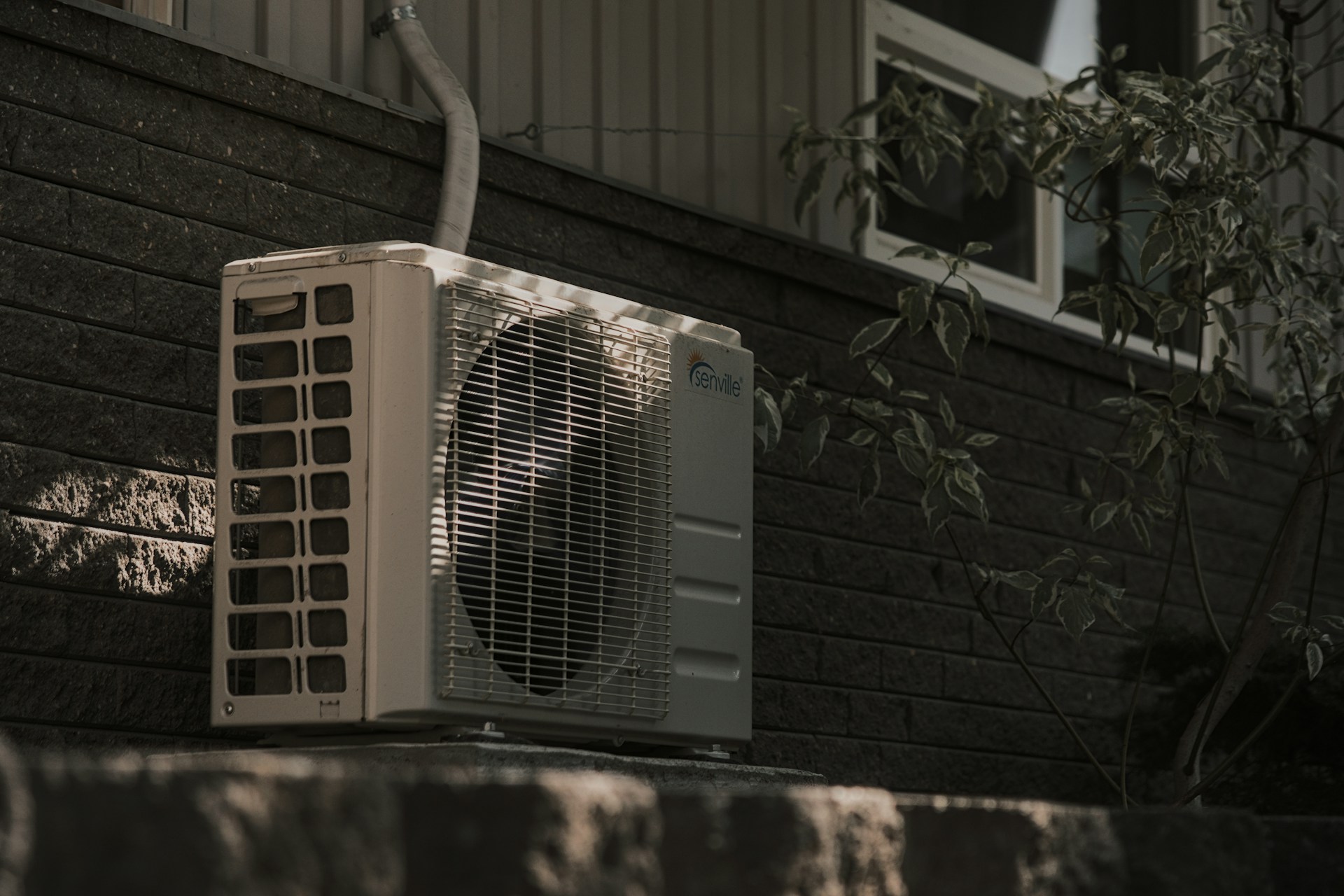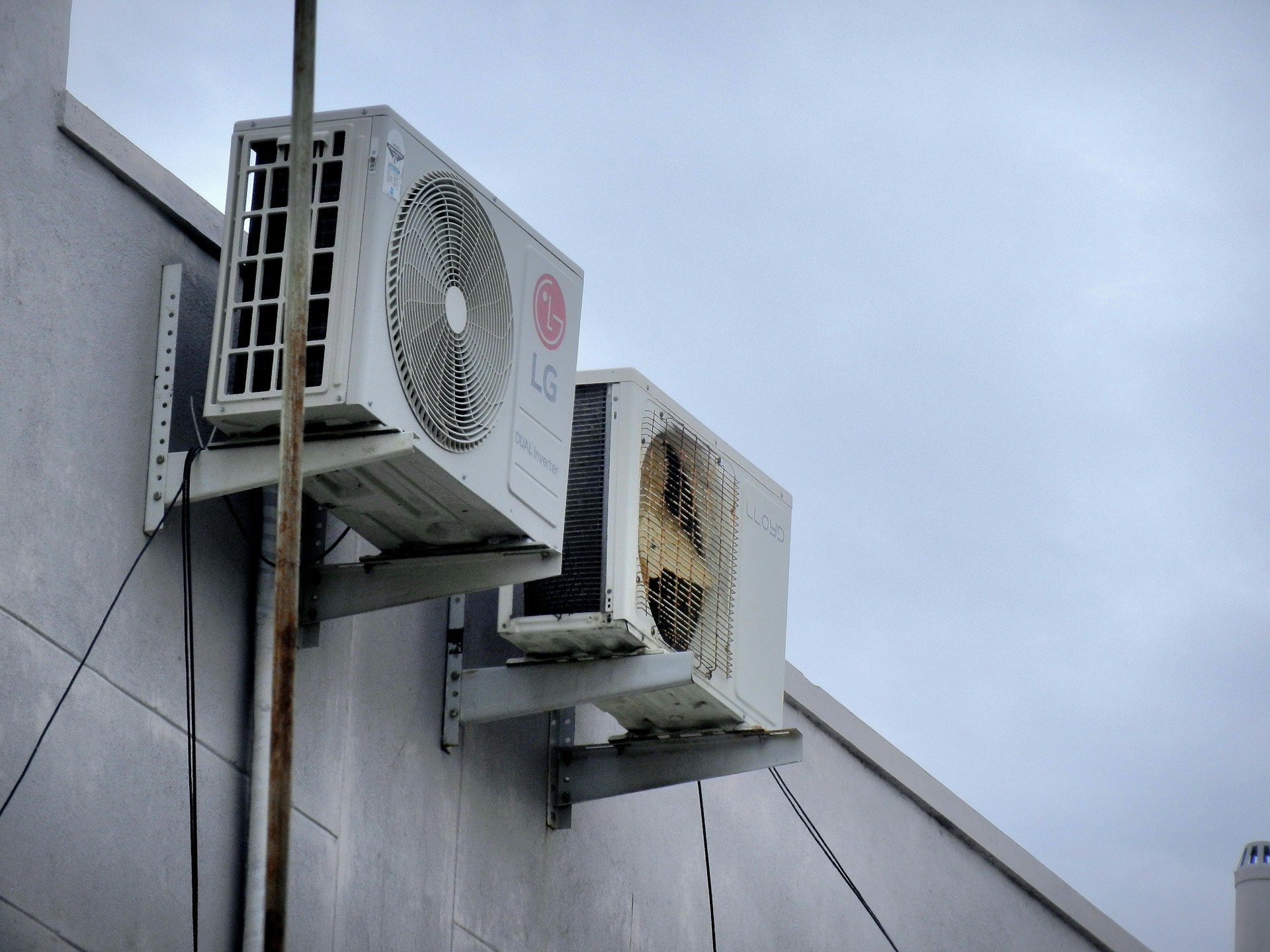Warning Signs Your HVAC Needs Repairs
Your HVAC system is a critical part of maintaining a comfortable home environment throughout the year. Many homeowners take it for granted until it stops performing properly, often resulting in discomfort or costly repairs. Recognizing early signs that your HVAC system needs attention can save time, money, and frustration. Being proactive allows you to address small issues before they escalate into serious problems that affect your home's comfort and safety.

Frequent Water Leaks or Excess Moisture
A clear warning sign that your HVAC system may need repairs is the presence of water leaks or excessive moisture around the unit. Air conditioners and heat pumps produce condensation during normal operation, but persistent water pooling near the system indicates a problem. Clogged or damaged condensate drain lines can prevent water from properly leaving the system, while a frozen evaporator coil can create dripping or puddles. In some cases, leaking refrigerant may also manifest as moisture accumulation. Homeowners noticing these signs should avoid ignoring them, as standing water can damage flooring, walls, and insulation, and can contribute to mold growth. Finding experts in Michigan can help identify the exact cause of leaks. They can fix them safely before structural damage occurs.
Frequent Tripping of Circuit Breakers
If the HVAC system repeatedly trips circuit breakers or blows fuses, it signals that the system is drawing too much electricity or that there is an electrical fault. Worn-out wiring, failing motors, or short circuits in components like the compressor or fan can trigger this issue. Repeated electrical interruptions not only reduce the system's efficiency but also pose a potential fire hazard. This problem should never be overlooked, as continuing to reset breakers withoutaddressing the underlying cause can lead to permanent damage to the unit or the home's electrical system. Professional technicians can inspect wiring, test electrical components, and ensure the system operates safely.
Reduced Heating or Cooling Capacity
Sometimes an HVAC system may still run, but it struggles to produce sufficient heat or cooling. This reduced performance can result from multiple issues, such as low refrigerant levels, dirty coils, or failing compressors. Even if the unit turns on and off normally, the indoor temperature may never reach the desired setpoint. Overworking the system in this state can shorten its lifespan and increase the likelihood of further mechanical failures. Prompt attention can prevent these issues from escalating, restoring comfort and efficiency. A thorough evaluation by certified technicians can identify the precise cause and provide targeted repairs.
Frequent Filter Replacement or Rapid Dust Build-Up
If your HVAC system seems to require air filter changes more often than usual or if dust accumulates quickly around vents and surfaces, it may be a warning of internal system issues. Problems like clogged ducts, broken blower fans, or inefficient filtration can prevent proper circulation and allow particles to recirculate throughout your home. Rapid dust accumulation is not just inconvenient; it can compromise indoor air quality and aggravate allergies or respiratory conditions. Experts can inspect the system for blockages, damaged components, or airflow restrictions and recommend solutions that improve both efficiency and air cleanliness.
Inconsistent Humidity Levels
Indoor humidity control is a subtle but important role of HVAC systems, especially in areas with extreme seasonal variations. If rooms feel unusually dry in winter or overly humid in summer, it could indicate that your system's humidity management is failing. Malfunctioning humidifiers, faulty dampers, or problems with air handlers can all affect moisture regulation. Unbalanced humidity can damage furniture, flooring, and electronics, and contribute to mold or mildew growth. Recognizing unusual moisture patterns is a signal to schedule professional service to restore proper humidity control and prevent secondary damage.

Difficulty Starting or Complete Failure to Turn On
A serious warning sign that should never be ignored is when the HVAC system struggles to start or fails to turn on at all. This symptom may be due to electrical issues, a faulty thermostat, a failed capacitor, or a broken motor. Even temporary delays in startup can indicate an underlying mechanical problem that, if ignored, could result in total system failure. Homeowners experiencing difficulty starting their system should arrange for professional assessment immediately. Technicians can perform diagnostics to pinpoint the exact cause, recommend repairs, or replace components as necessary to restore reliable operation.
HVAC systems provide comfort and safety year-round, but signs of malfunction often appear before a total breakdown occurs. Persistent water leaks, tripped breakers, reduced heating or cooling capacity, frequent filter replacement, inconsistent humidity, and difficulty starting the system all point to underlying issues that require attention. Ignoring these signals can lead to costly repairs, decreased efficiency, and potential damage to your home. By paying attention to these warning signs and consulting qualified technicians when needed, you can maintain a reliable and efficient HVAC system, protecting both your comfort and your investment.
Published 9/11/25